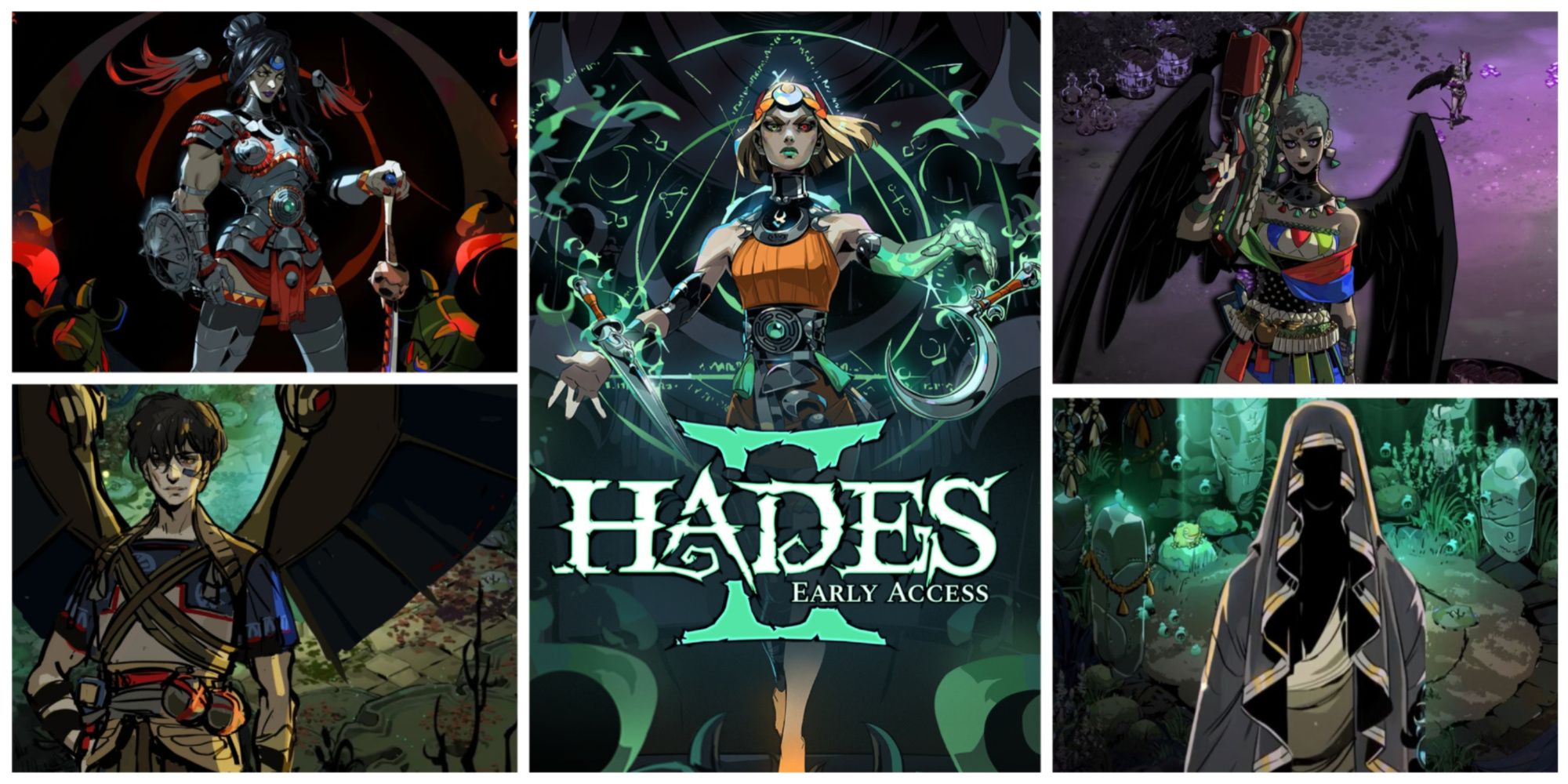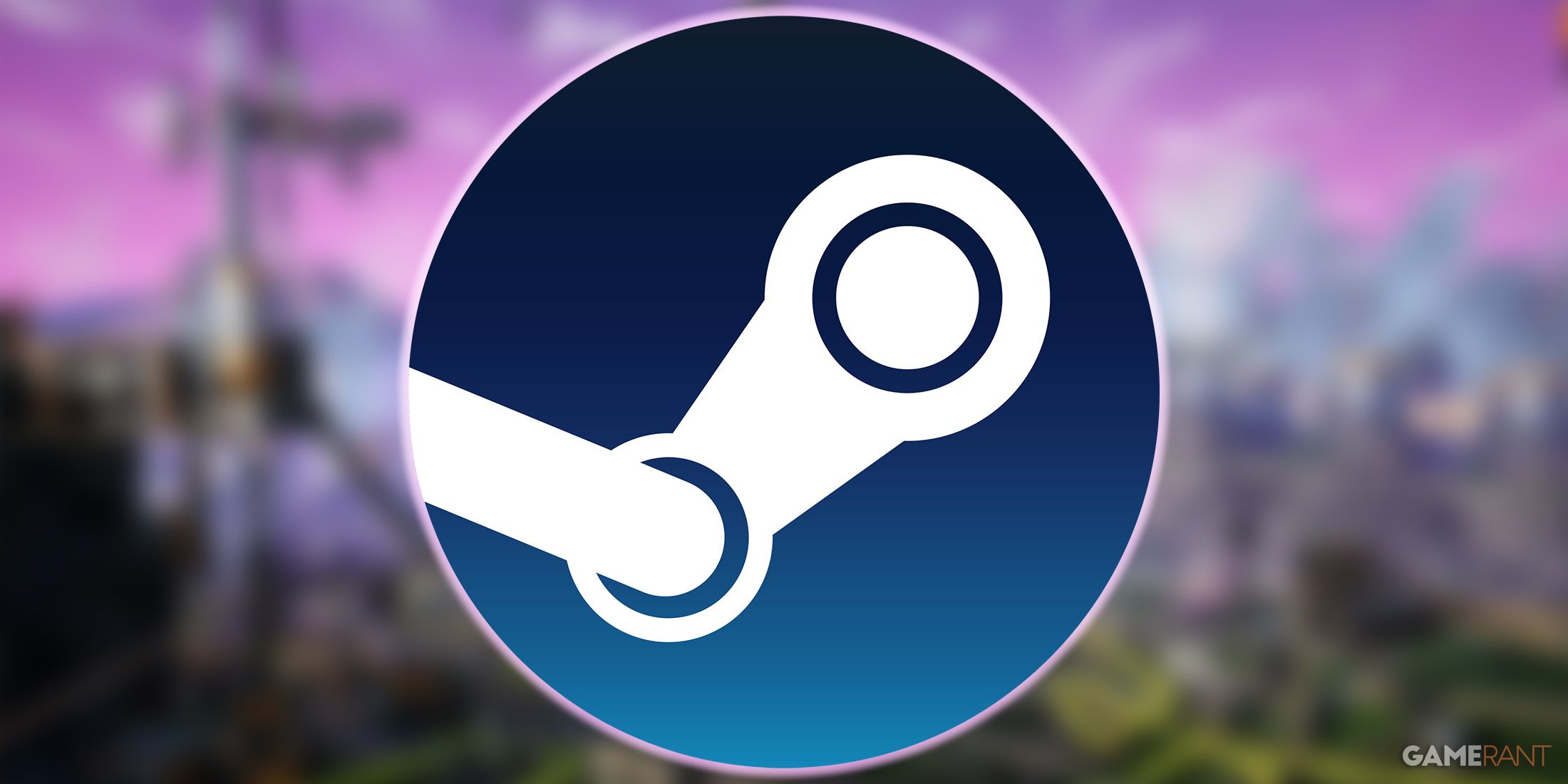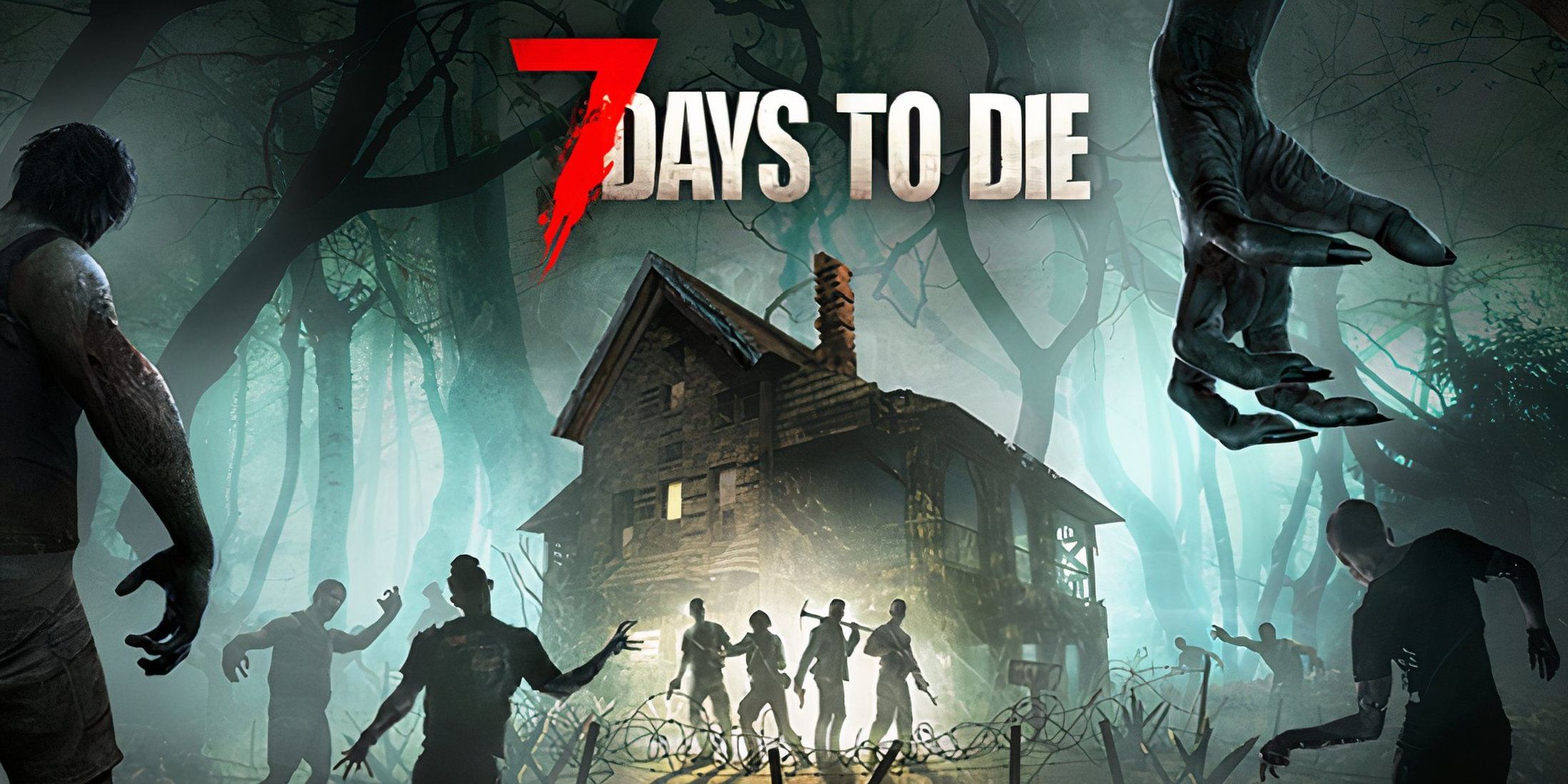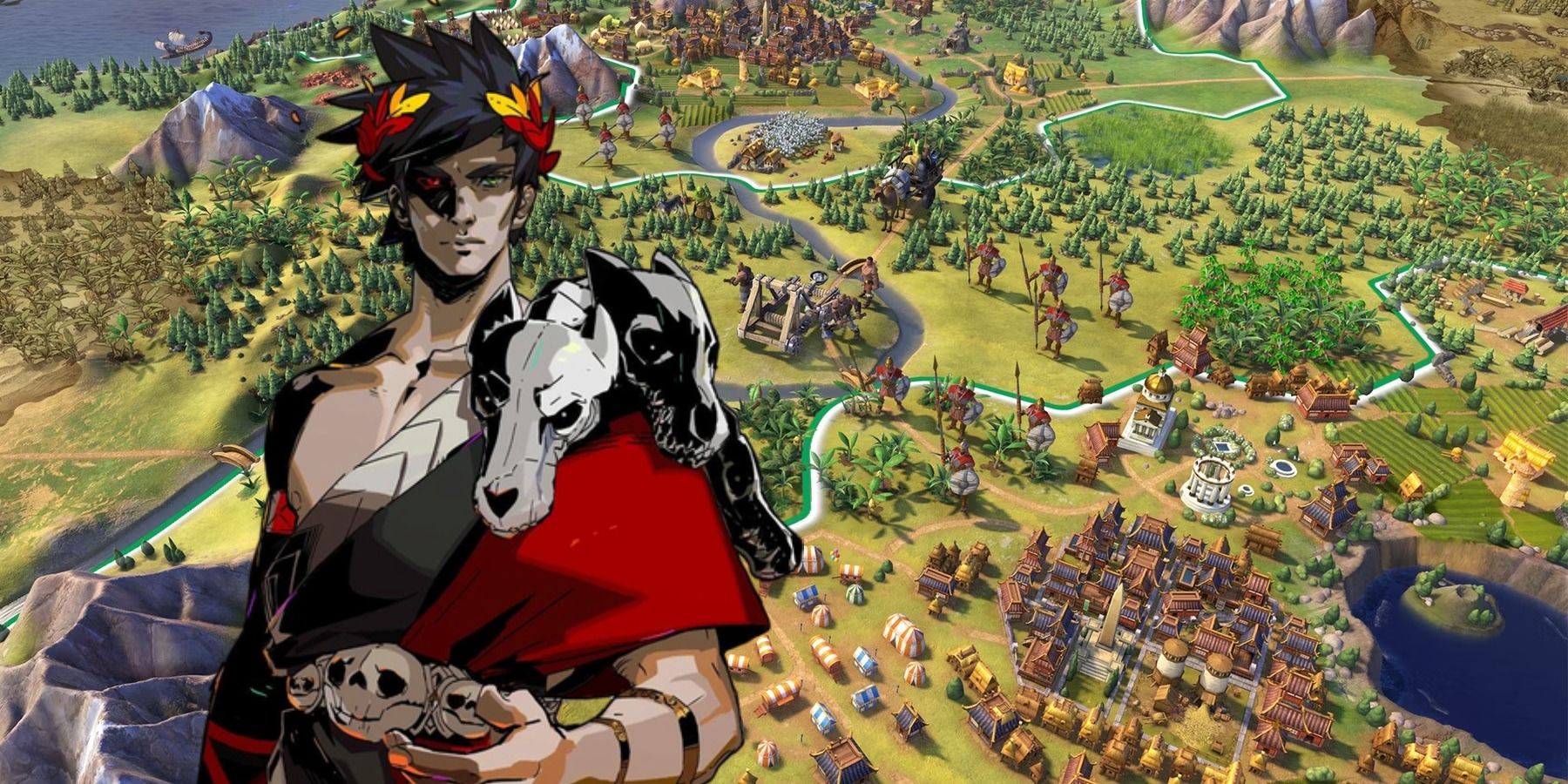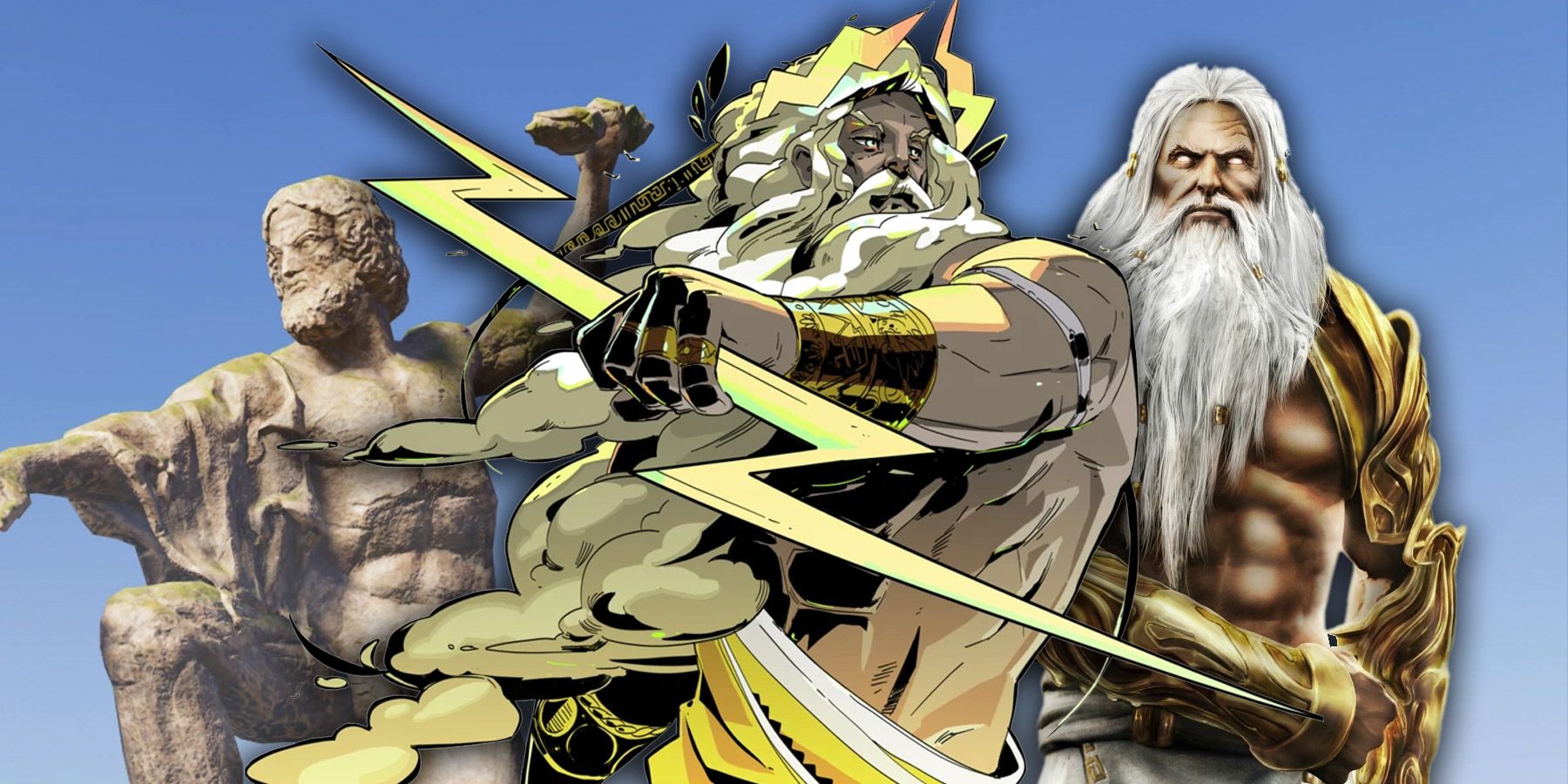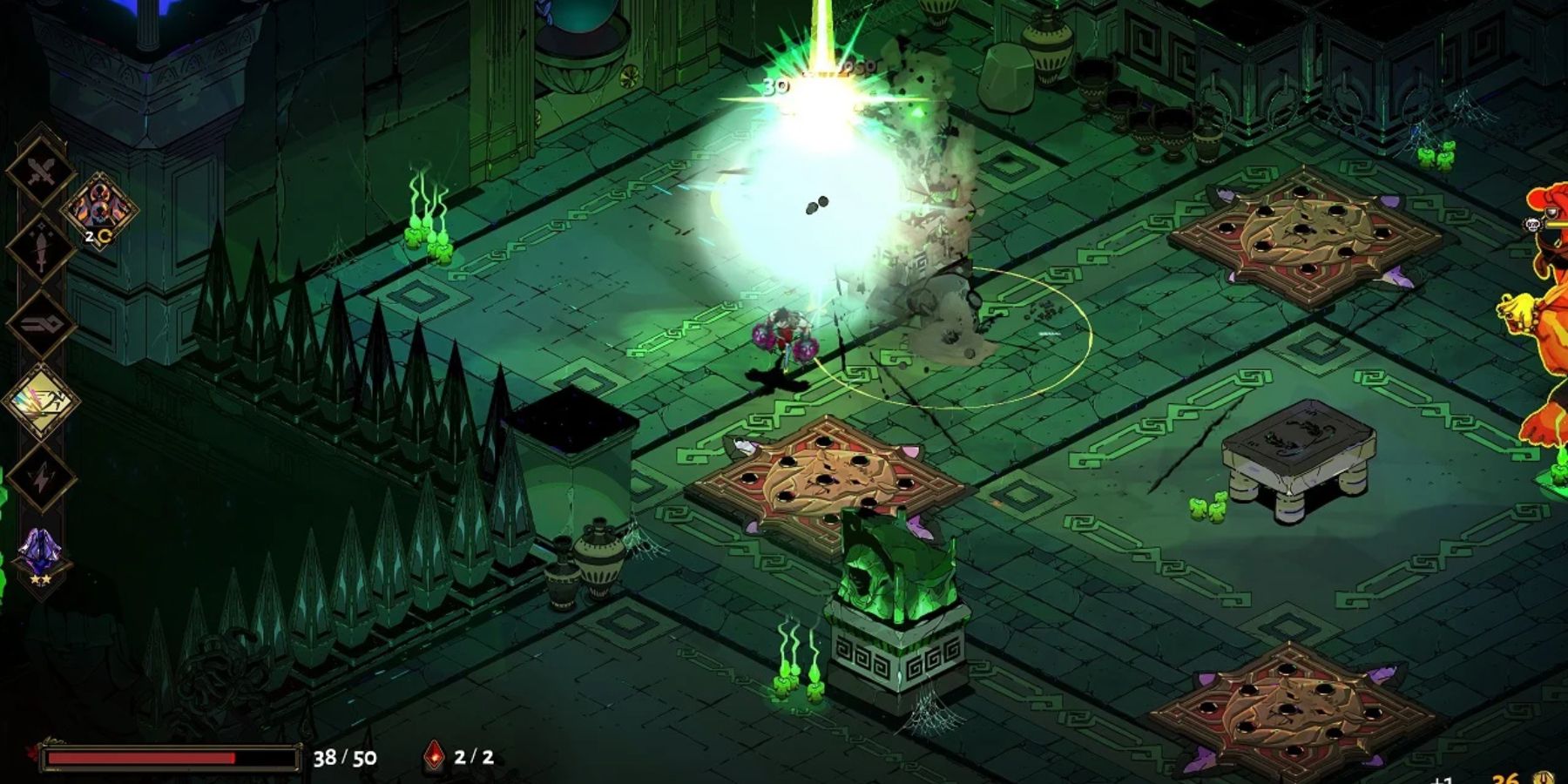With the announcement of Hades 2, developer Supergiant has showed its dedication to the IP as it's the first direct sequel that the San Francisco-based company has worked on. It will be centered around an all-new character and story, but will maintain its Greek mythology roots and gorgeous art style, meaning it still fundamentally looks like a Hades game. The announcement at The Game Awards was a surprise to many, but it seems to adopt a similar gameplay format to what came before, which was rather predictable, as the first game was so engaging and enjoyable, even in death.
Hades' quality stretches far beyond its gameplay, though. The way that it develops character dynamics, progression systems that offset the frustration of dying and returning to the House of Hades, and the gorgeous art direction are all pillars of its success. It's a fantastic roguelike first and foremost, but there is potential for it to be so much more, especially given how different Supergiant's previous works are from one another. More genres can be explored in the Hades license, and while it would perhaps be unwise to lean into the first-person shooter format, there is potential to stray off in different directions after Hades 2.
Hades is Grounded in Mythology
At its narrative core, Hades is a story that uses well-known characters in Greek myth to tell an underdog tale. It's similar in theme to Heracles' twelve labors, or Sisyphus' seemingly never-ending quest to reach the top of the hill with his boulder. It's repeatable, and could be used in a vast range of genres and mediums. Zagreus' trial-and-error approach to escaping the underworld is perfect for the roguelike format, but Hades' use of established characters can provoke more stories of them using new gameplay designs. Immortals Fenyx Rising and God of War have shown that Greek myth can fit seamlessly in hack-and-slash and open-world games, but Hades' take on the gods is one of the best yet.
Hades is a game of two distinct halves. On one hand, it's a pinpoint, action-packed roguelike full of tense combat encounters and intricate upgrades by way of Boons, but on the other it's an engaging family drama that makes the House of Hades one of the most enjoyable places to revisit, even in death. The combat portion of the game could be swapped with a number of different gameplay philosophies without disturbing the character interactions when Zagreus returns home after an unsuccessful run.
Roguelikes are an Uninviting Affair
While platformers, puzzle, and action/adventure titles are typically welcoming to all, roguelikes are notoriously prickly. It can be hard to convince people to experience a game that can cruelly wipe away progression by dragging them back to the beginning, so when one crops up that looks pretty and boasts interesting characters like Hades, it's frustrating when some notice that it's punishing in its design. Hades is one of the more forgiving games in the genre, giving players plenty of things that carry over between attempts, but it's still a difficult sell to those who find roguelikes frustrating rather than rewarding.
So much of the charm of Hades is in the art style, presentational value, and characters. Its combat is fun, and is a significant factor in why players keep coming back, but Hades does enough of the other stuff right to have the potential to explore new genres. From 4X strategy games to choice-based narrative experiences, it could dip into more of the endless lore in Greek myth, but in a way that is more welcoming, and adds diversity to the Hades license, especially given Hades 2 is using a similar design to its predecessor.
Hades 2 is in development.

